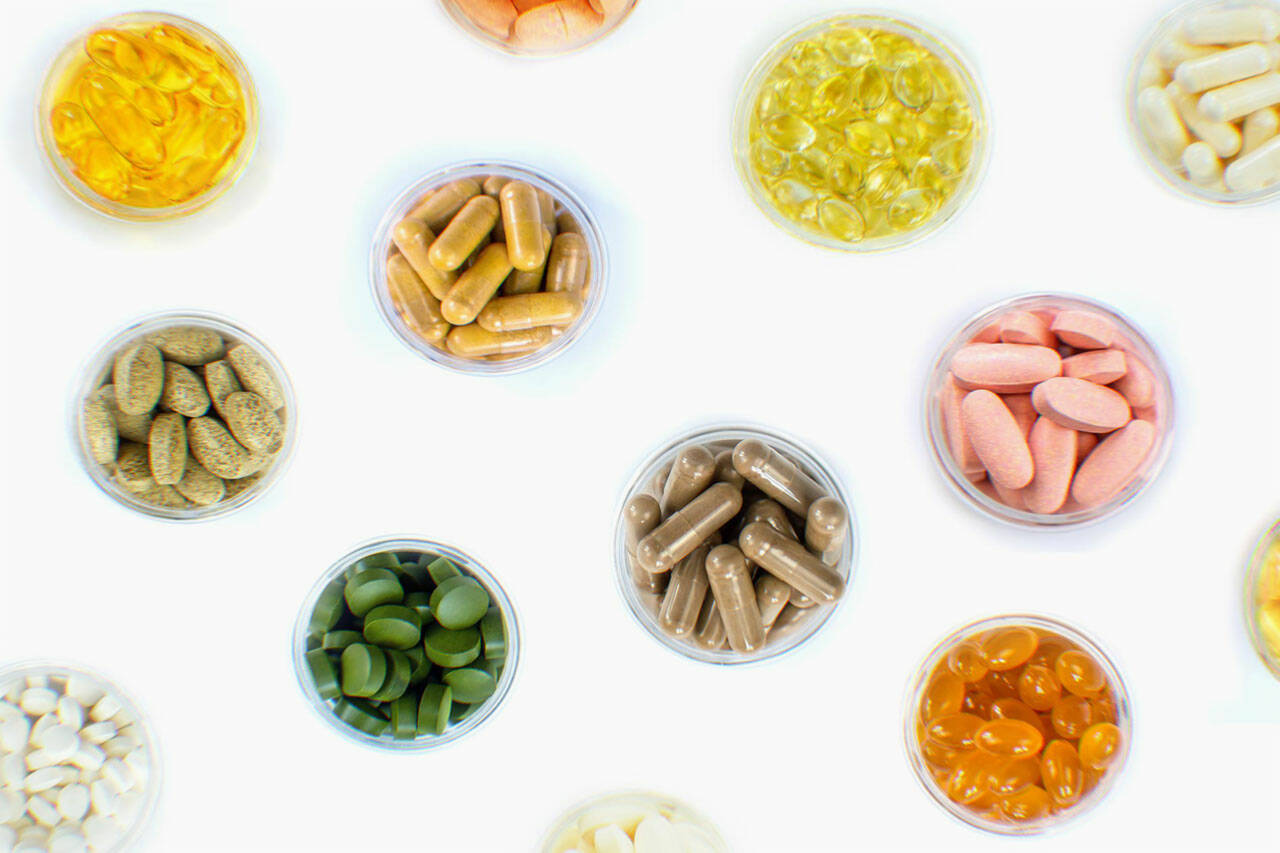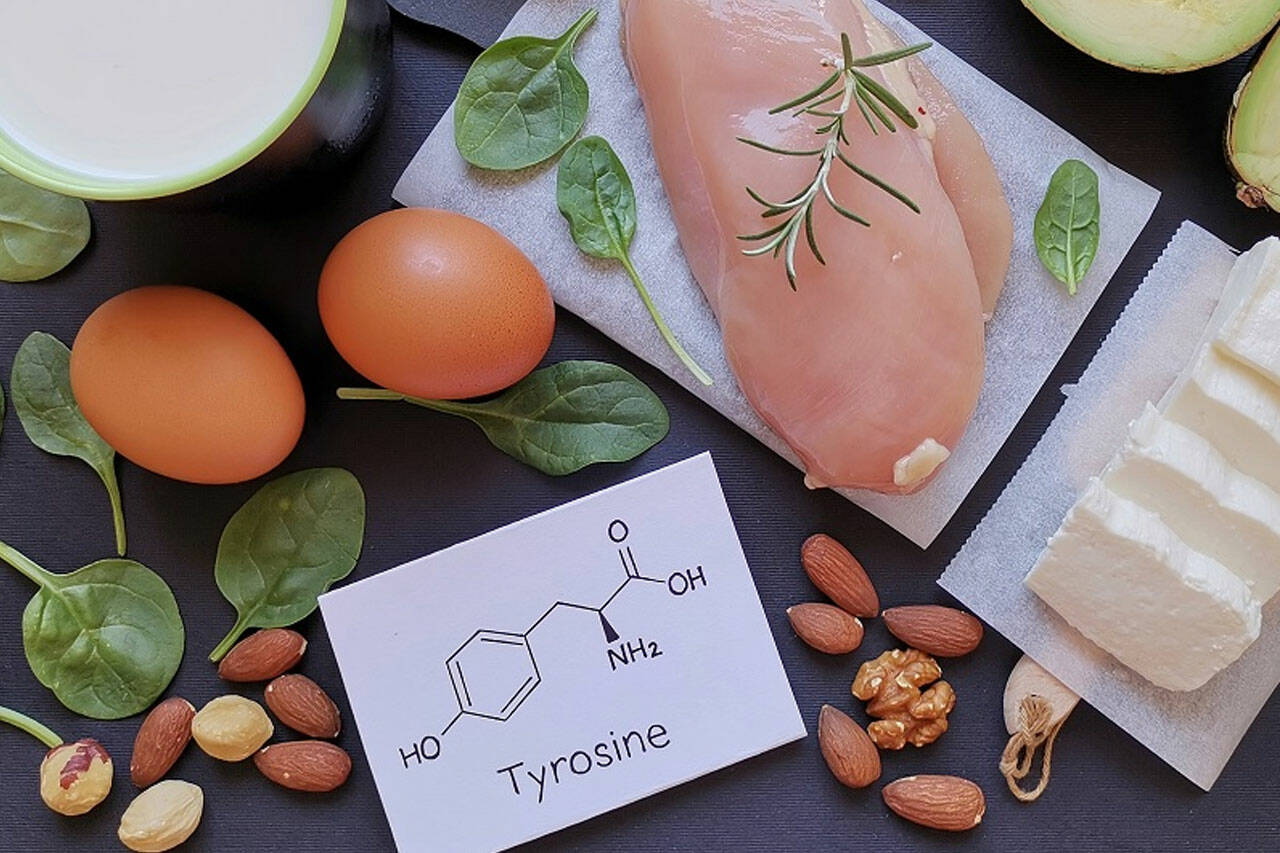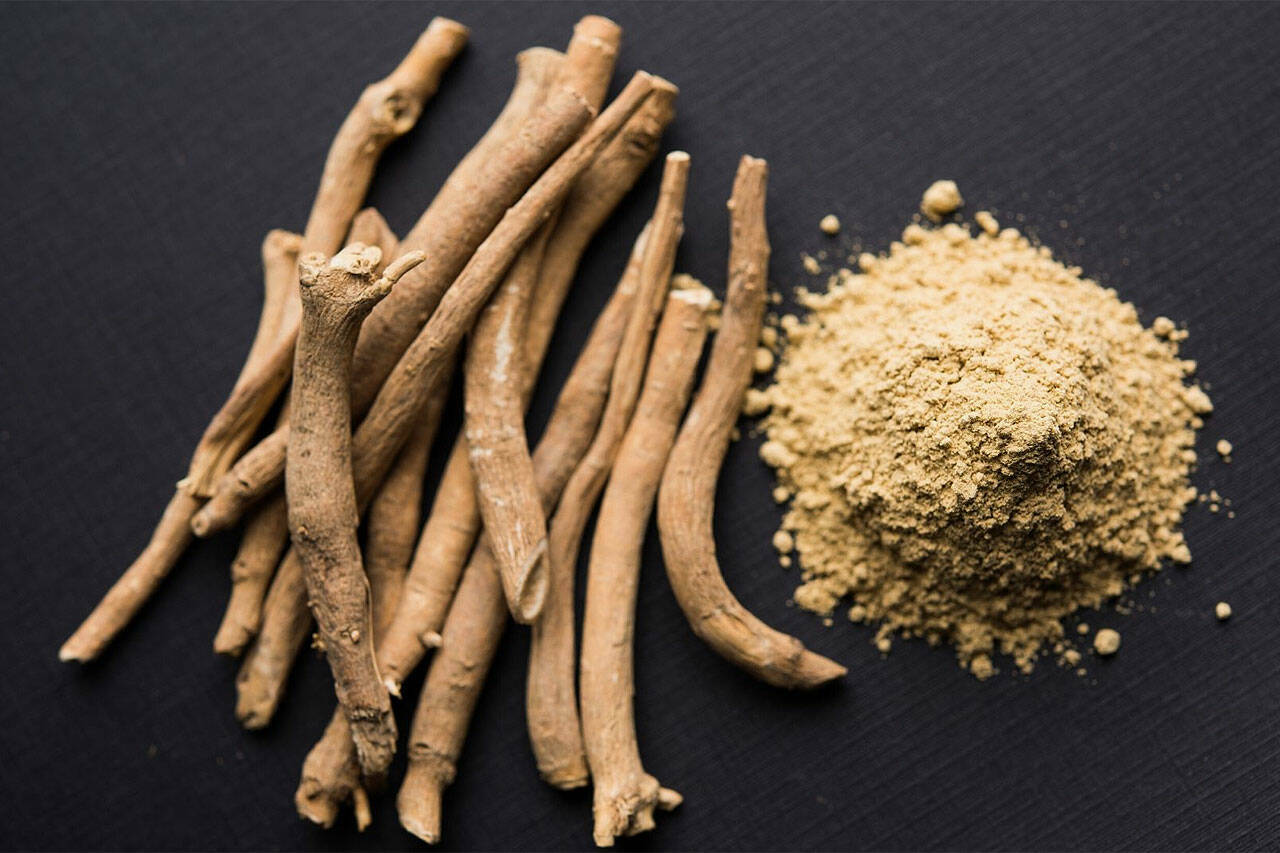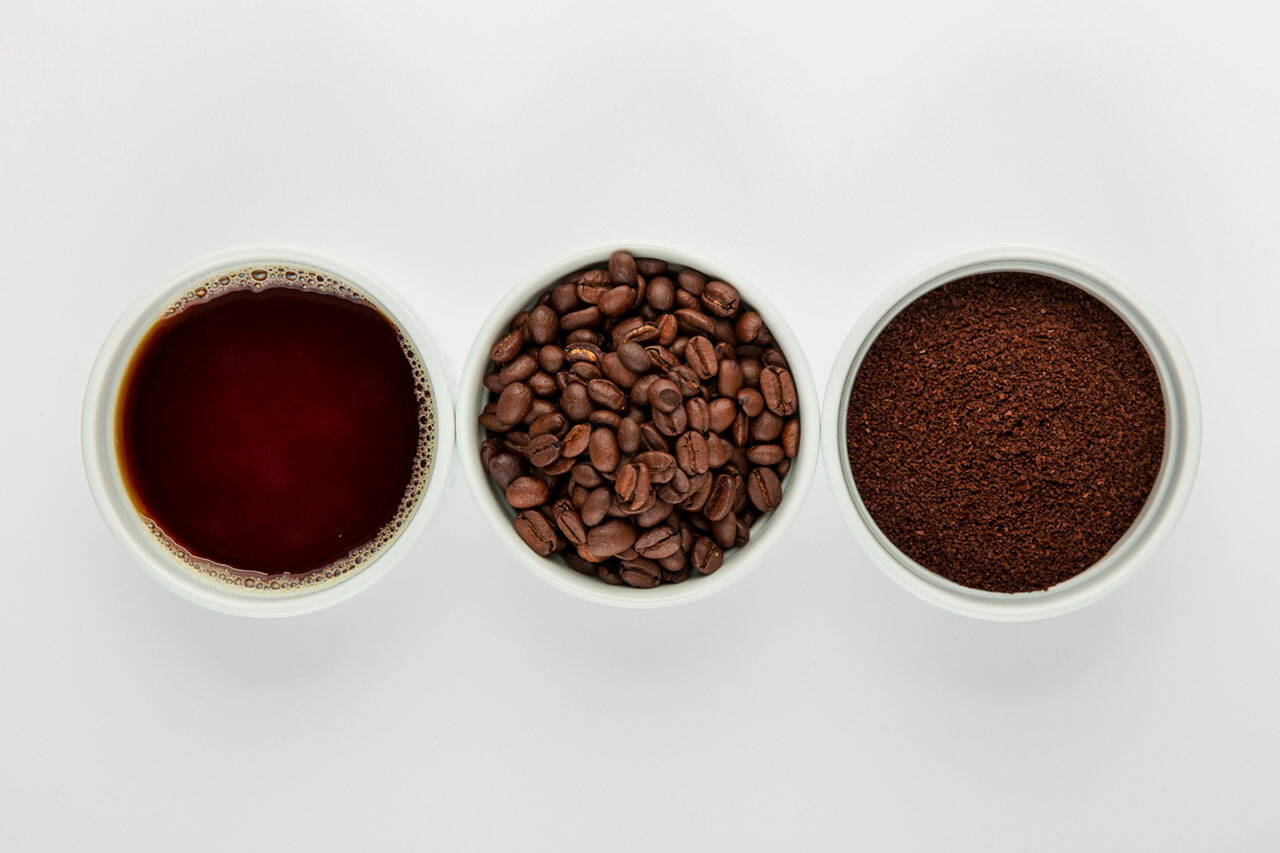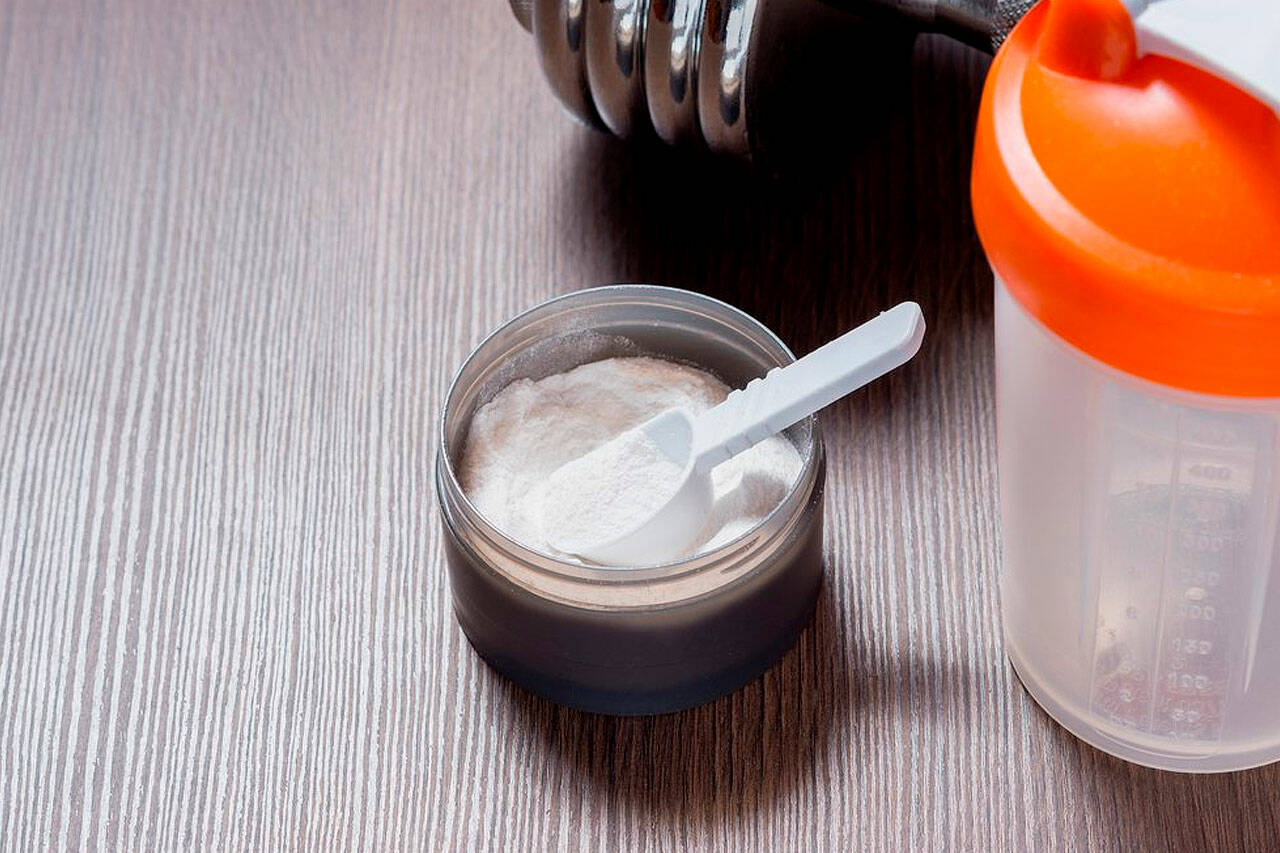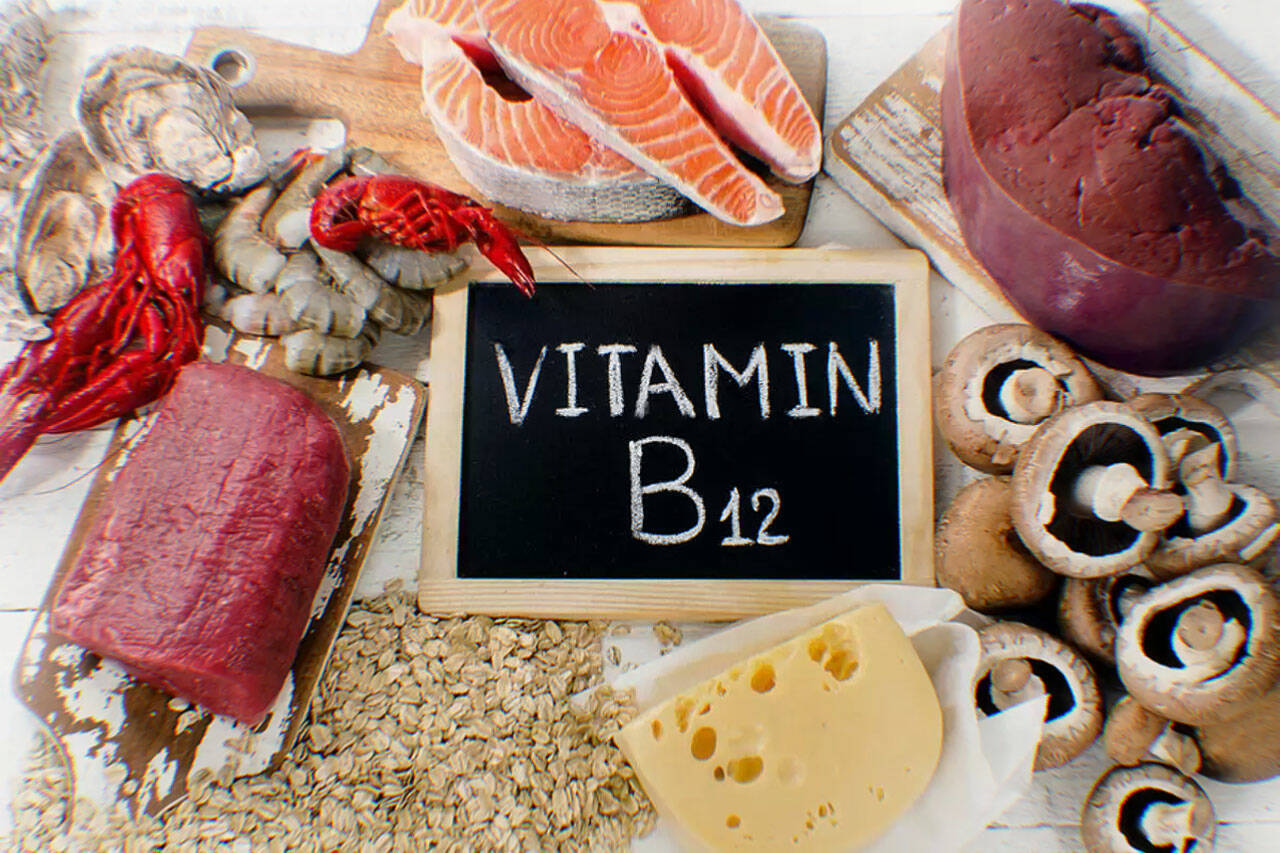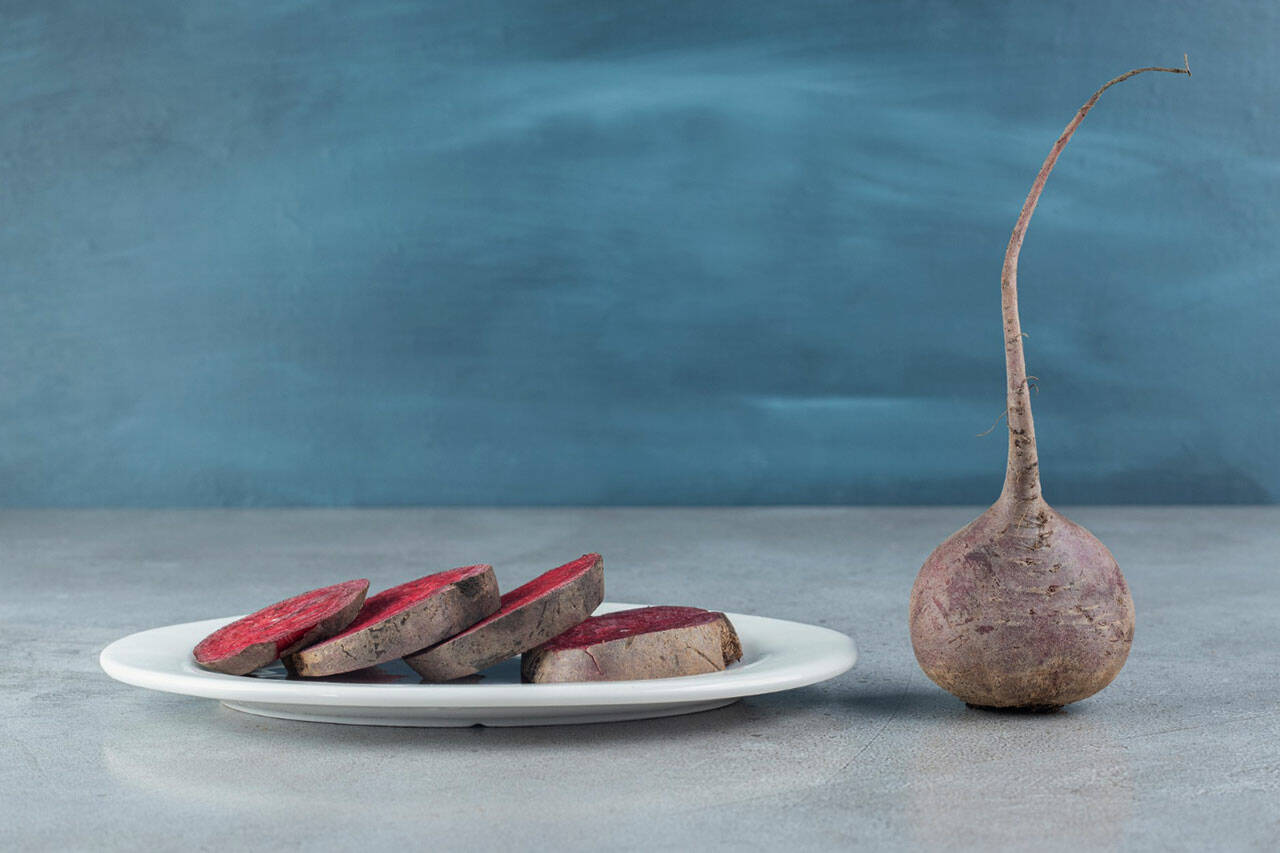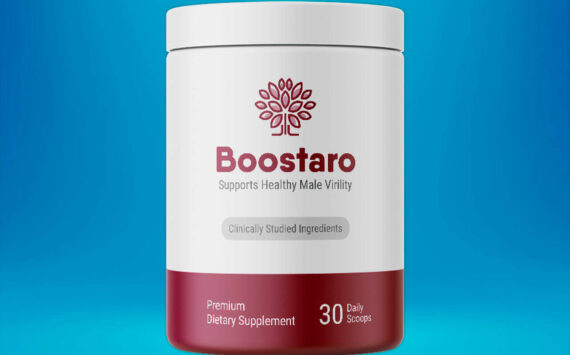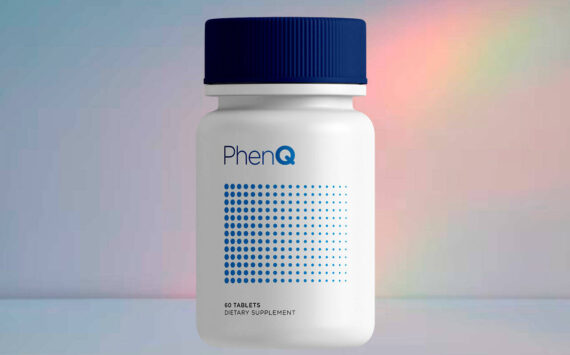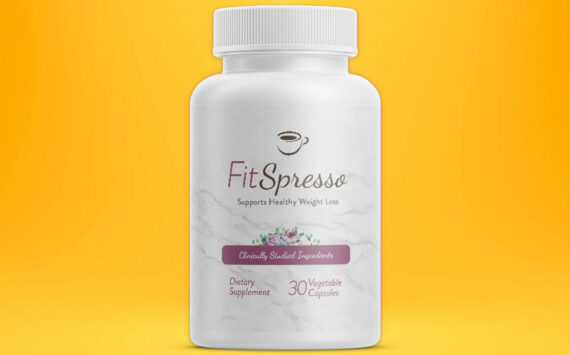Many Americans complain about energy levels, as reported by physicians and healthcare providers around the nation; much of the underlying reason may be our diets. This, when combined with poor work-life balance, can lead to chronic fatigue – primarily because you are not getting enough nutrients and supplements into your system.
In this article, we’ll take a look at 10 very useful supplements that you should consider incorporating into your diet; all of them are natural and some of them are essential vitamins produced by your body; but of which you need more.
1. Tyrosine
First of all, what is tyrosine? When it concerns her acids, there are two types – the essential amino acid, and the nonessential amino acid. The first one is essential because your body does not produce it and so you need to obtain it from your diet. The second one, of course, means that your body does produce it; therefore, it is usually not necessary for you to get it from external sources. For reference, the following is a list of the nonessential amino acids in the human body:
- Tyrosine
- Alanine
- Serine
- Arginine
- Proline
- Asparagine
- Glycine
- Aspartic acid
- Glutamine
- Cysteine
- Glutamic acid
Although tyrosine is produced in the body, you can also find additional amounts of aid in foods such as dairy products, eggs, chicken and most other foods that are advertised as high-protein.The function of tyrosine the body is to support the production of the chemicals that control the neurotransmitters; effectively, it helps to bolster the communication pathways between the brain and muscles. Tyrosine is valued as a supplement because when you are engaged in physically demanding activities such as exercise, the mediating neurotransmitters decline in effectiveness – which commensurately affects your levels of energy. By helping to restore much of this function, tyrosine supplementation can really help your workout sessions. It’s all about energy levels being elevated as well as cognitive clarity.
2. Ashwagandha
If you know even a little bit about the Indian Ayurvedic system, then you’ll probably also know that Ashwagandha is a natural herb that is central to this medicinal and spiritual paradigm. It is known to provide a serious bulwark against stress by lowering the levels of cortisol in the body. Concomitantly, Ashwagandha also helps the body manage anxiety – which inevitably leads to improvements in staving off mental fatigue. In fact, in studies where Ashwagandha supplements were given to a group of people who would then engage in exercise, the supplement increased their ability to engage in high-level workouts continuously by about 7% when compared to study subjects who were given a placebo.
Just as importantly, all of the studies have shown that Ashwagandha is very safe to use and has no known side effects up to a certain dosage. In terms of more exact numbers weaned from the studies, the test subjects that showed stress and anxiety experienced a 28% decrease in their cortisol levels (cortisol is one of the stress hormones produced by the body when it is undergoing an immediate fight-or-flight response, or chronic, low-level stress).
3. Caffeine Infused With L-Theanine
Caffeine is arguably the most commonly-used stimulant on the planet. You can have it in a cup of morning Joe, energy drinks and even snacks. It helps to stave off fatigue and elevate your energy levels – however, some people complain about the post-coffee/energy drink crash and the fact that caffeine can lead to nervousness and irritability later.
This is what the L-theanine comes into play: it is an amino acid that is not found naturally in the human body but can be supplemented once it’s sourced from mushrooms and tea leaves. By itself, L-theanine works on the nervous system to help in this feeling of relaxation. What makes this so unique is that it does not induce drowsiness along with this feeling of relaxation. It turns out that when you combine caffeine with L-theanine, you’re able to get all of the benefits of caffeine without the detriments, since the amino acid effectively cancels the side effects.
4. Citrulline
Citrulline is one of those supplements that has been tested extensively in medical research trials, and deemed to be safe even in large quantities. Although it has several benefits, the primary effect is to elevate the levels of nitric oxide in the human body. Nitric oxide is known as a vasodilator; basically, it makes your blood vessels more pliable – which leads to better circulation as the circumference of the blood vessels widens. As you well know, it is the blood in your body that transports the essential nutrients and oxygen to your cells and muscle sites. The overall effect of citrulline, then, is to make more energy available to the body.
Another attribute of citrulline is to remove fatigue substances such as ammonia from the body, which allows you to exercise more intensely and for longer periods of time. Additionally, you’ll also notice that you recover more quickly when taking citrulline supplements. For more exact numbers as discerned by research trials, participants who took citrulline supplements were compared to participants who took a placebo: the former were able to workout about 7% harder and 12% longer.
5. Rhodiola Rosea
Much like one of its distant cousins ashwagandha, Rhodiola Rosea belongs to the class of substances known as adaptogens. Basically, herbs and roots belonging to this class are known to aid the human body in dealing with stress and anxiety. In particular, Rhodiola Rosea is relatively rare because it only grows higher in certain mountain ranges where the temperature is frigid.
There’s quite a bit of scientific backing for the benefits conferred by Rhodiola Rosea. One in particular showed that well over 80% of participants given Rhodiola supplements experience primary effects: a lessening of mental fatigue, and a significant improvement in physical performance such as exercise. It was also concluded that Rhodiola is inherently very safe because even large doses do not cause side effects.
Insofar as its effectiveness in lessening mental fatigue is concerned, there is also a three month study in which Rhodiola was compared with the well-known antidepressant Zoloft (scientific name sertraline). Although Rhodiola Rosea did not perform quite as well as Zoloft, it did successfully dampen many of the symptoms associated with depression and people. On the plus side, Rhodiola had significantly fewer side effects than Zoloft and was a lot easier to tolerate.
6. Creatine
Creatine is perhaps the most popular suddenly used for energy. Although you can derive it from eating foods such as milk and other dairy products, fish, broccoli, lean red meat and poultry, you should know that the body makes creatine naturally inside of its muscle cells. It is the preferred source of rapid energy because of creatine’s ability to lend a phosphate group to adenosine triphosphate when the latter loses its own phosphate group and reverts to adenosine diphosphate.
Since ATP is essential for providing your body with quick energy, it should come as no surprise that creatine has such a significant effect. So much so, that in fact, you can get it from outside sources in quantities 10 times greater than your body produces and still benefit from it. However, there will come a point when your muscular cells are simply saturated with creatine and you won’t notice any increased effect if you keep on taking some – you are essentially wasting it. There have been many studies done on creatine monohydrate in particular; it has shown marked improvement in high-intensity exercises like the following:
- Heavy weightlifting activities requiring prodigious amounts of force – such as the deadlift, squat, and bench press
- High-intensity running in sports like soccer, basketball and football – as well as the 100 m dash
- In keeping with the above, creatine supplementation can really benefit you in activities that require jumping and throwing objects long distances
Concerning the medical studies that have been done on the matter, several dozen of them proved that study participants who took creatine supplements were able to induce a 5% increase in their bench press. This can be quite significant for those who have plateaued and are seeking to get over the hump – for example, from benching 200 pounds to benching 210 pounds simply by taking 3-5 g of creatine 30 minutes before the workout.
In yet another medical research study, it was shown that older adults were able to pack on over 3 pounds of lean muscle mass simply by taking a creatine supplement over a few weeks; the other study participants were given a placebo and did not gain any muscle mass over the same period of time. Creatine, by providing you with rapid energy, lengthens the amount of time that you can workout as well as the amount of intensity you can bring to bear on the workout.
Using the best creatine supplements (it’s also included in most pre workout powders that you’ll find on the market), you can saturate your muscles with as much as they’ll take. Then, you will find that your ability to engage in intense exercise for extended periods of time is noticeably increased.
7. Melatonin
As you well know, getting enough sleep is an essential aspect of optimizing your daily performance. Melatonin is a natural hormone whose production crests in troughs throughout the day – with the healthiest waves diminishing in the morning and rising in the evening to help you sleep as the night approaches. Usually, people with chronic Ashwagandha have problems with their melatonin levels.
When you’re melatonin levels are low, you will fall asleep easily, neither will you be able to benefit from fitful rest once you do. You will be tired during the day, as well. Many studies have shown that melatonin supplementation is both safe and effective in helping your body maintain the proper sleep rhythm.It’s important to get this under control, since consistently diminished melatonin levels in the human body show a relationship with high blood pressure, diabetes, premature aging and Alzheimer’s disease.
8. Vitamin B12
As is the case with virtually every B vitamin, vitamin B12 is essentially an energy-converter: you eat the food, and vitamin B12 is a crucial element along the pipeline of chemical reactions that converts the food into caloric energy utilized by your cells. Indeed, it’s energy-preservation properties extend beyond this; vitamin B12 has also been known to stave off the fatigue and weakness that comes with anemia. Basically, B12 maintains the health of your blood cells and nerves.
Vitamin B12 occurs naturally in milk and dairy products, red meat and fish – basically, all manner of animal proteins. Because it’s such an essential element, there are also many foods which are fortified with it. You can find vitamin B12 in certain cereals, oatmeal, etc. The following subpopulations are known to suffer from the low energy that results from not getting enough vitamin B12:
- People with gastrointestinal disorders such as Crohn’s disease and celiac disease tend to suffer from vitamin B12 deficiencies; this is to two the manner in which those diseases restrict the absorption of this energy vitamin
- Vegans are another subpopulation of people that may suffer from vitamin B12 deficiencies since they do not consume animal proteins
- The elderly also have problems getting in enough vitamin B12; this is simply due to some of the negative effects of aging – as we age, we go produces many supportive proteins that help with absorption
It’s important to note that taking excess vitamin B12 will not be helpful in boosting energy, as shown in multiple studies. If you already have solid levels in your system, then it cannot become oversaturated.
9. Beetroot
Beetroot is yet another one of those substances that uses nitrates to help dilate blood vessels, so that your veins and arteries can move nutrients and oxygen throughout the body more easily. You can often find it in powder form, where it is extracted from the Beetroot vegetable. When taking it, you’ll notice that it provides you with plenty of extra energy during your exercise routine. There are quite a few medical research studies showing that Beetroot prolongs gym sessions and athletic endeavors due to the fact that it suppresses fatigue in athletes.
Now for more precise numbers: in one particular research study, two groups of participants were given the same exercise routine. Half the group was given a placebo, and the other half was given Beetroot; the group that took a Beetroot supplement was able to exercise for a full 25% longer than the other group. It turns out that not only does Beetroot allow you to exercise for longer, it allows you to do so at higher intensities.
